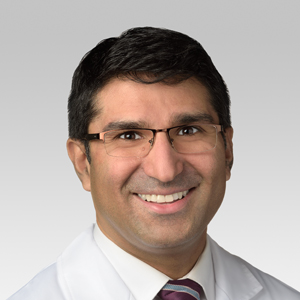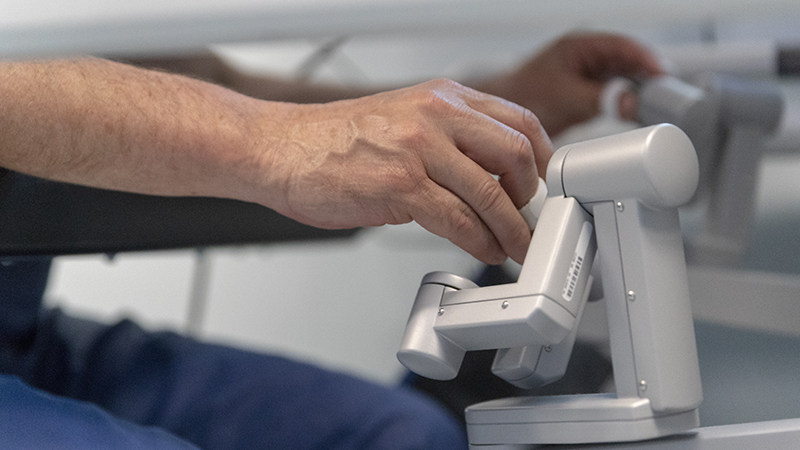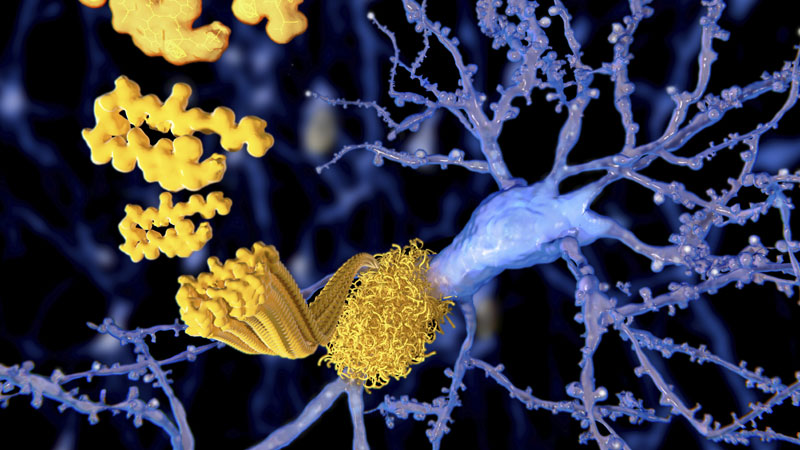Northwestern Medicine Performs Its 10,000th Abdominal Organ Transplant
First Health System in Illinois to Achieve This Milestone
Published May 2024
Organ donation transforms lives. In April 2024, the Northwestern Medicine Organ Transplantation Center reached a major milestone, performing its 10,000th abdominal organ transplant. This achievement represents not just a number, but 10,000 recipients’ lives impacted, 10,000 decisions to donate an organ and a tremendous leap forward in transplant technology and innovation. It’s also a first for an Illinois health system.
This milestone follows a record-breaking year of abdominal transplants at the Organ Transplantation Center, totaling 518 kidney, liver and pancreas transplants in 2023. Founded in 1964, the Organ Transplant Center is one of the largest and longest running in Illinois.
“As physicians, nurses, social workers and staff, we celebrate every life saved by an organ transplant,” says Satish N. Nadig, MD, PhD, chief of the Division of Abdominal Organ Transplantation and director of the Organ Transplantation Center. “And, as we achieve this unique milestone, it is also a time to reflect and thank the patients and family members who chose to donate their organs to save lives.”
It’s an exciting time in transplant care.— Satish N. Nadig, MD, PhD
Addressing Transplant Care Disparities
To help provide equitable access to transplantation, Northwestern Medicine founded the Northwestern Medicine Hispanic Transplant Program and the Northwestern Medicine African American Transplant Access Program (AATAP).
Started in December 2006, the Hispanic Transplant Program is the first program in the U.S. to provide culturally sensitive transplant care for Hispanic patients.
“We established the Hispanic Transplant Program because there was a significant need in the Hispanic community,” says Juan C. Caicedo Ramirez, MD, transplant surgeon, and founder and director of the Hispanic Transplant Program. “We now have more than 60 team members supporting the program. Our team is bilingual and bicultural, and we have increased organ donation while improving access to transplant care in the Hispanic community.”
Founded in 2019, the African American Transplant Access Program aims to break down barriers to transplant care that Black people often face through increasing access to education, resources and transplant care.
The AATAP team has grown to include a dedicated social worker who connects patients to resources — from insurance and transportation assistance to support groups — as well as a health literacy coach who helps patients understand and navigate their diagnosis and the treatment process.
“As we approach our 50th transplant procedure through the Northwestern Medicine African American Transplant Access Program, we are seeing the results of equitable access to transplant care,” says Dinee C. Simpson, MD, founder and director of the African American Transplant Program and chief health equity executive at Northwestern Medicine. “We will continue to break down barriers to transplant for African American patients by helping them navigate the transplant process, rebuilding their trust in health care and continuing to be a trusted destination for transplantation among African American patients.”
Advancing Transplantation Through Research and Clinical Trials
The Organ Transplant Center currently has 90 active clinical trials, including trials to help patients reduce and eliminate their need for antirejection medications. The center is a leading recipient of federal funding for transplant research with $8 million and growing.
“As we look toward the future, Northwestern Medicine is on the cusp of the next era of transplant with advances in technology and innovation,” says Dr. Nadig. “It’s an exciting time in transplant care, and we are committed to continually improving the field with the goal of improving the lives of our patients.”
Make an Impact: Become an Organ Donor
There are two main types of organ transplantations:
- Deceased donor organ transplantation: You can elect to become a deceased organ donor through state donor registries, such as the Illinois Donor Registry, or through a national donor registry like Donate Life America. For this type of donation, surgeons will remove and then transplant an organ from a registered donor who died and who registered to donate lifesaving organs, such as the heart, lungs, kidneys, pancreas, livers and intestines. These donors can also donate tissues, including corneas, skin, bones, heart valves and ligaments.
- Living donor organ transplantation: This surgical procedure removes an organ from a living person to place in another living person who has a nonfunctioning organ. Living donors can donate one kidney and part of their liver. "You can take up to 70% of someone's liver and it will grow back," says Dr. Caicedo Ramirez.
Anyone can register to be an organ donor, but not everyone who wants to be a donor can be a donor. Potential living donors must be in relatively good health, both physically and emotionally. In addition, kidney donors need to be older than 18, and liver donors must be aged 18 to 60.
Learn more about becoming a living donor.








